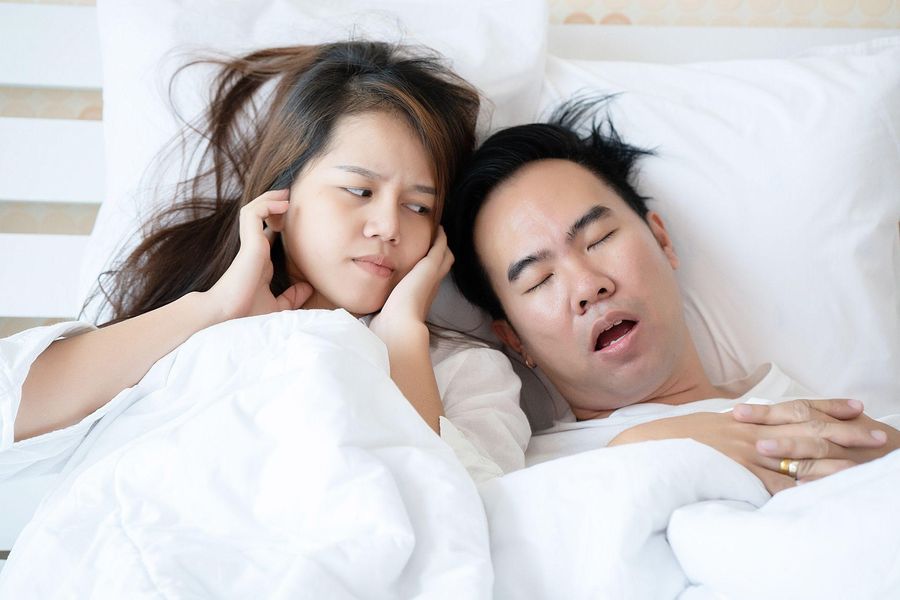
Each night, millions of Americans suffer from a dangerous condition called obstructive sleep apnea, or OSA. Obstructive sleep apnea is caused by a blockage to the airway during sleep. It occurs because when lying flat, part of the airway closes, causing difficulty breathing. This can result in snoring, gasping for air, and constantly waking throughout the night. During the day, sleep apnea can cause lethargy and cognitive impairment, and can also cause a host of serious medical problems that occur round the clock, like high blood pressure. It has even been linked to problems like diabetes, Alzheimer’s disease, and even certain cancers.
When it comes to OSA, lessening your symptoms can improve your quality of life, and even save your life. But unfortunately, there are behaviors we participate in during the day that can make our OSA symptoms worse. Here are some behaviors you may want to change to create a positive impact on your OSA.
OBESITY AND OVERWEIGHT
If you are obese or overweight, your doctor may have mentioned that you could be worsening your OSA because of extra pressure on the airway due to excess fat on your neck or tongue. Naturally, losing some of this weight could help lessen the severity of your OSA. But it’s easier said than done. If you fall into this category, speak to your doctor about getting on a sensible diet and exercise regimen.
SMOKING
You know smoking is bad for you, but quitting can be difficult. Fortunately, when you commit to quitting, you can make vast improvements in your OSA symptoms. Again, you don’t have to go it alone. Speak to your physician about ways you can quit, and make the commitment to yourself and your health.
MEDICATIONS
Certain medications are necessary, but can also worsen sleep apnea symptoms. Prescriptions such as sleeping pills and muscle relaxers are two categories that could loosen the airway and make it harder to breathe during sleep. If you are taking this category of medication, speak to your doctor and see if the medication is safe to take with sleep apnea.
SLEEPING ON YOUR BACK
If you sleep on your back, you could be making the pressure on your airway worse. If you have sleep apnea, try sleeping on your side to lessen the severity of your symptoms.
NOT USING YOUR SLEEP ORTHOTIC
Have you been prescribed a sleep orthotic or CPAP therapy for your sleep apnea? Make sure you use it every night, as this can help keep your airway free of obstruction and ease your breathing during sleep. Not a fan of CPAP? Speak to Dr. Abelar and see if a sleep orthotic is right for you. He can custom craft one to your individual mouth, so it fits comfortably and you’ll be more likely to wear it.





